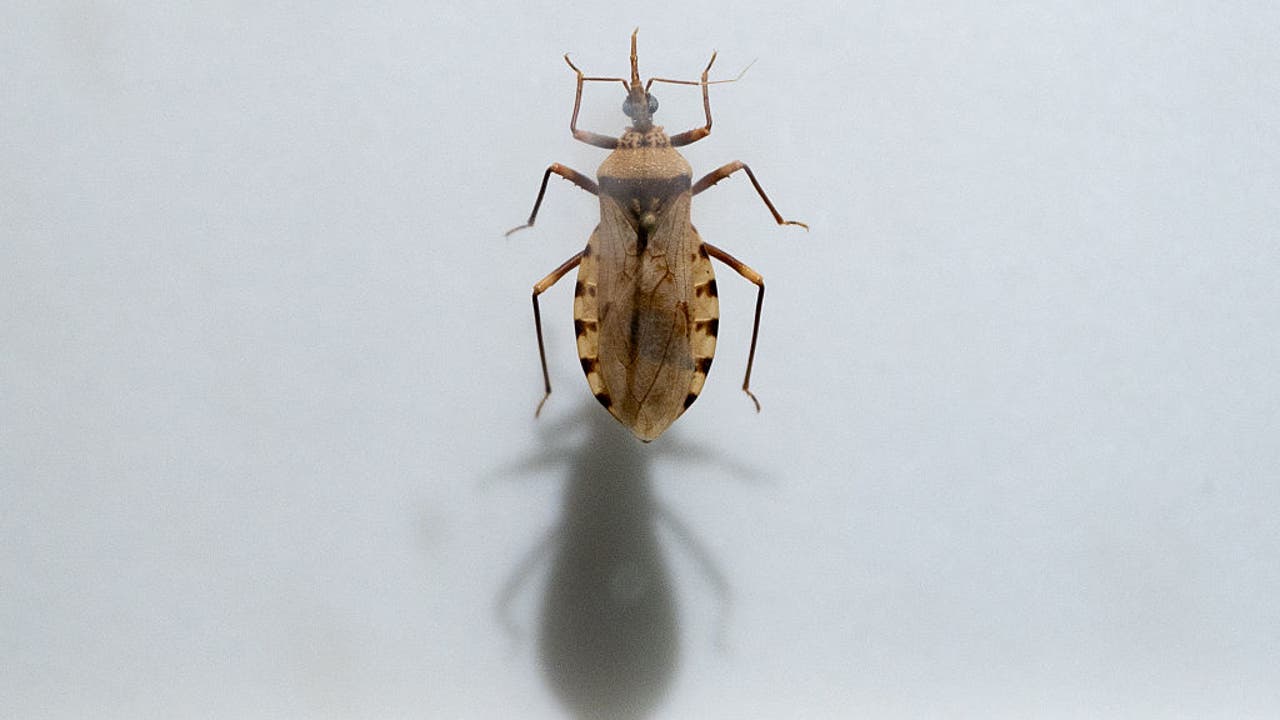Chagas disease, often called "kissing bug disease," is silently spreading across the United States, prompting urgent calls for increased awareness and improved public health strategies. While cases have been reported in at least eight states – Texas, California, Arizona, Tennessee, Louisiana, Missouri, Mississippi, and Arkansas – the presence of the disease-carrying triatomine bugs (also known as 'kissing bugs') has been confirmed in 32 states over the past decade. This widespread distribution has led researchers to argue, in a recent report published in the CDC's Emerging Infectious Diseases journal, that Chagas disease should be officially classified as endemic in the U.S.

The term "endemic" signifies that a disease consistently occurs within a specific geographic area or community. This differs from an epidemic (a sudden surge in cases) or a pandemic (widespread global outbreak). The researchers' assertion that the U.S. should acknowledge Chagas disease as endemic highlights concerns that the current classification as non-endemic leads to underreporting and insufficient public health responses. They argue that recognizing the endemic nature of the disease would improve surveillance efforts, facilitate targeted research initiatives, and allow for more effective public health interventions.
Chagas disease is caused by the parasite *Trypanosoma cruzi*, transmitted through the feces of infected triatomine bugs. These insects, after feeding on the blood of an infected host, defecate near the bite wound, allowing the parasite to enter the bloodstream. The CDC estimates that approximately 8 million people worldwide, including an estimated 280,000 in the United States, are unknowingly infected. The disease, if left untreated, can have severe and even life-threatening consequences.
The illness progresses through two phases: an acute phase, occurring in the initial weeks and months after infection, which may present with symptoms such as fever, fatigue, body aches, and swelling; and a chronic phase, which can last for years or a lifetime, often without noticeable symptoms. However, a significant portion (20-30%) of those chronically infected eventually develop serious complications, such as heart and digestive problems.
Treatment for Chagas disease involves both antiparasitic medications to eliminate the parasite and symptomatic treatments to manage the effects of the infection. Early diagnosis and treatment are crucial for improving patient outcomes and preventing serious long-term health issues. The widespread nature of the disease-carrying insects necessitates a heightened awareness among healthcare professionals and the general public to effectively combat the growing threat of Chagas disease in the United States.
---
Originally published at: https://www.fox5dc.com/news/deadly-kissing-bug-disease-becoming-endemic-us
